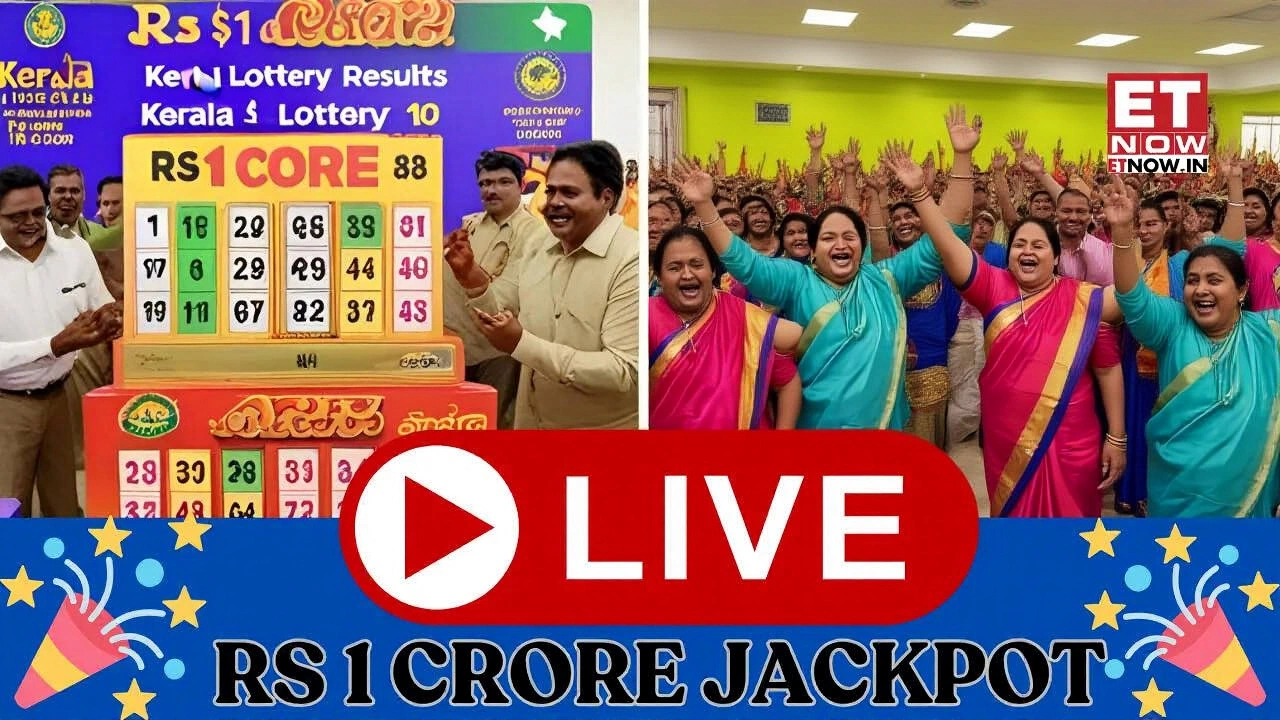
The Directorate of Kerala Lotteries announced the results of the Suvarna Keralam SK-10 lottery draw on Friday, July 4, 2025, sending waves of excitement through Kerala — and beyond. At precisely 3:00 PM IST, the live draw unfolded at Gorky Bhavan, near Bakery Junction in Thiruvananthapuram, drawing crowds of hopefuls, agents, and curious onlookers. By 4:30 PM, the official results were live: one lucky ticket holder had just won ₹1 crore — before taxes. The winning number? RP 236657, sold by agent RAJESH O B under Agency No. Q 4648 in Kollam. It wasn’t just a win. It was a life-altering moment — and it happened exactly as scheduled, just like every Friday since 1967.
How the Draw Unfolded — And Who Won What
The Suvarna Keralam SK-10 lottery draw distributed a staggering 6,54,507 prizes across 12 series: RN, RO, RP, RR, RS, RT, RU, RV, RW, RX, RY, and RZ. The prize structure was as intricate as it was generous. The first prize of ₹1,00,00,000 came with a 30% tax deduction — meaning the actual payout was ₹70 lakh. But even that’s more than most people earn in a decade. The second prize, ₹30,00,000, went to ticket RO 615419 from Thrissur, sold by agent GOKUL C B (Agency No. R 10321). The third prize of ₹5,00,000 was claimed by RR 376283, sold by SAFIYA (Agency No. R 7166).Then came the twist: eleven consolation prizes of ₹5,000 each, all tied to the same number — 236657 — but across different series. That’s right. RN 236657, RO 236657, RR 236657… all the way to RZ 236657. Each of those tickets won. It’s a design meant to spread joy, not just wealth. People in Kollam, Palakkad, and Kozhikode were calling each other, comparing tickets, laughing, crying. One woman in Alappuzha told a reporter, "I bought it because my grandson asked me to. He said, ‘Grandma, if you win, we’ll go to the beach.’" She didn’t win the big one. But she got ₹5,000. And she said that was enough.
Agents, Commissions, and the Quiet Machinery Behind the Draw
Behind every winning ticket is an agent — often a small shop owner, a corner vendor, or a family-run stall. These aren’t just sellers. They’re community anchors. For every prize claimed, the agent gets a 10% commission. That means RAJESH O B pocketed ₹10 lakh on top of his regular sales. It’s not unusual for top agents in Thiruvananthapuram or Kollam to earn more from lottery commissions than their monthly rent. The system is designed to incentivize participation at the grassroots. And it works.Every Friday, the same ritual: the draw room at Gorky Bhavan fills with officials, auditors, and TV crews. The balls are spun in front of cameras. No one touches them. No one knows the numbers until the machine stops. It’s old-school transparency in a digital world. And people trust it — because they’ve seen it for decades.
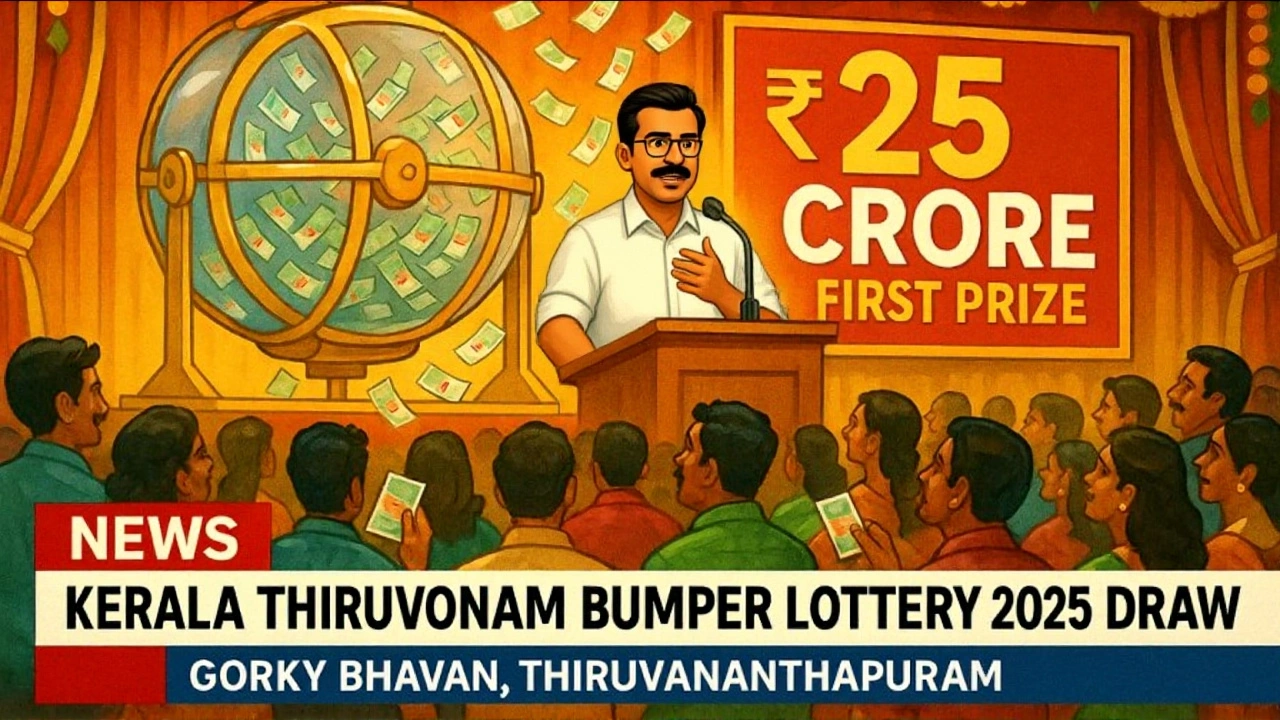
Why Kerala’s Lottery Is More Than Just a Game
Kerala didn’t just start a lottery. It started a movement. In 1967, when no other Indian state dared to, the government launched its own lottery — not for profit, but for public good. Today, the Directorate of Kerala Lotteries generates roughly ₹2,500 crore annually. That’s not pocket change. That’s enough to fund free textbooks for 1.2 million students, or build 800 rural health centers. The money flows into social welfare, education, and disaster relief. It’s the state’s quietest, most effective tax.Compare that to other states: most ban lotteries outright. A few, like Sikkim or Punjab, run small-scale draws. But none match Kerala’s scale, transparency, or longevity. The Suvarna Keralam SK-10 lottery draw is just one of five weekly draws — alongside Win-Win, Karunya, and others. Each one has its own rhythm, its own fanbase. But SK-10? It’s the crown jewel. The one people wait for.
What Happens Next — And How Winners Claim Their Prizes
Winners have 30 days to claim their prize. That’s not a suggestion. It’s a hard deadline. After that, the money reverts to the state’s welfare fund. The process is simple but strict: you need the original ticket, a photo ID, and a visit to a designated lottery office — usually in your district. No online claims. No phone calls. No shortcuts. The system is built to prevent fraud, and it’s worked for 58 years.The next draw? Friday, July 11, 2025. Same time. Same place. Same hope. And with the monsoon season approaching, ticket sales always spike. People say it’s because they want to buy a new roof. Or fix the leaky kitchen. Or send a child to college. Maybe it’s just about dreaming — for a few minutes — that life could change with a single number.
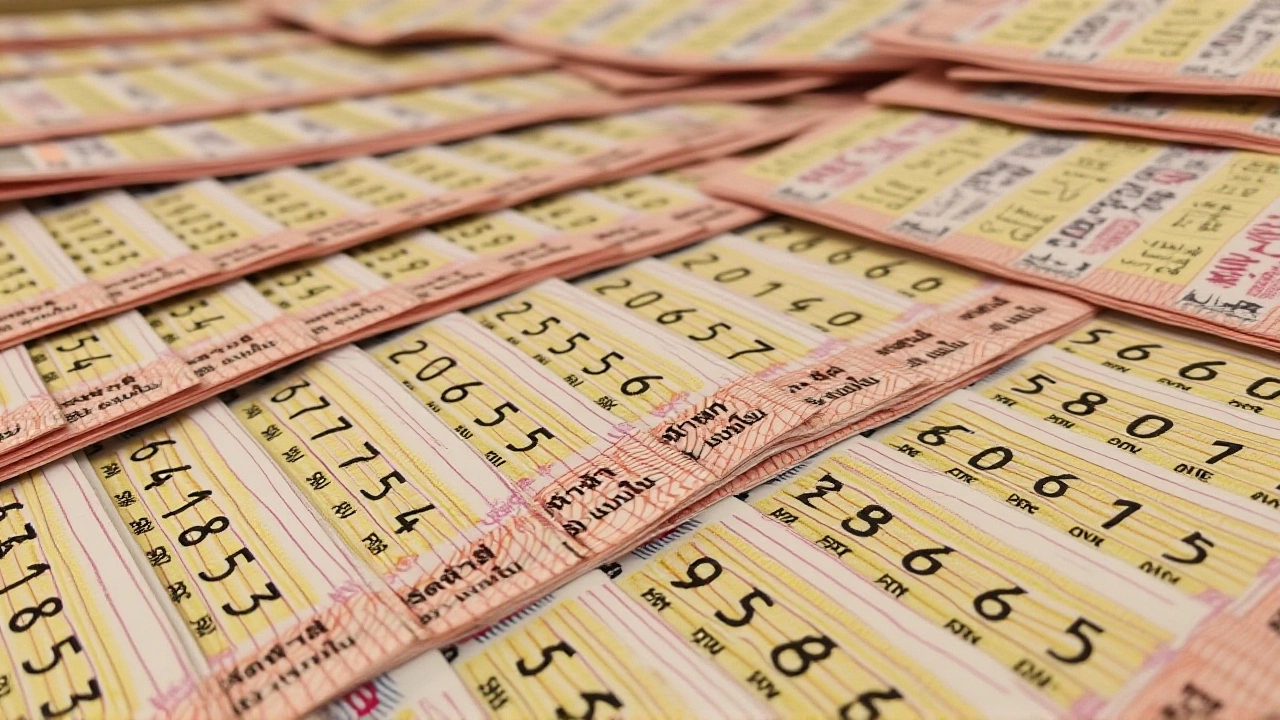
Historical Context: How Kerala Made the Lottery Work
When Kerala launched its lottery in 1967, critics called it immoral. Religious leaders warned of gambling addiction. Economists said it wouldn’t last. But the government had a plan: make it public, make it fair, and make it useful. They hired retired police officers to oversee draws. They banned private operators. They published every result in newspapers, on radio, and later online. They made sure every village had at least one authorized agent. And they tied every rupee earned to a public benefit.Today, Kerala’s lottery is a model studied by economists from the World Bank. It’s proof that even controversial revenue tools can be ethically managed. The state’s literacy rate? Over 96%. The poverty rate? Among India’s lowest. Coincidence? Maybe. But most locals think otherwise.
Frequently Asked Questions
How can I verify if my Kerala lottery ticket is a winner?
Official results are published on the Directorate of Kerala Lotteries website and in major Kerala newspapers like Mathrubhumi and Malayala Manorama by 6 PM on draw day. You can also visit any authorized lottery agent with your ticket — they’re required to check it for free. Never rely on social media or unverified apps — scams are common.
What happens if I lose my winning ticket?
The Kerala lottery system does not replace lost or damaged tickets. The physical ticket is the only valid claim document. Even if you have a photo or receipt, it won’t be accepted. That’s why winners are advised to sign the back of the ticket immediately after purchase and store it in a safe place. Many agents now offer free lamination services for this reason.
Are lottery winnings taxable in Kerala?
Yes. All prizes above ₹10,000 are subject to a 30% tax under Section 194B of the Income Tax Act. The tax is deducted at source by the Directorate before disbursement. For the ₹1 crore prize, the winner receives ₹70 lakh net. Agents receive their 10% commission before tax, so their earnings are separate. There’s no additional state tax — but winners must declare the income in their annual tax return.
Why does the same number win multiple consolation prizes?
The SK-10 lottery uses 12 different series codes (RN to RZ). Each series is a separate ticket line. So if the winning number is 236657, then RN 236657, RO 236657, etc., are all distinct tickets — just with the same number. This design increases the number of smaller winners, keeping public interest high. It’s not a mistake — it’s intentional.
Who runs the Kerala State Lottery, and is it trustworthy?
The Directorate of Kerala Lotteries, a government body under the Kerala State Department of Finance, oversees all operations. Draws are conducted live in front of auditors, media, and public observers. No private company is involved. Since 1967, there’s never been a verified case of fraud. It’s one of India’s most transparent public systems — and that’s why it’s still going strong.
Where does the money from Kerala’s lottery actually go?
Approximately ₹2,500 crore annually is generated, with over 80% directed to state welfare schemes: free midday meals, subsidized housing, healthcare for the elderly, and support for widows and disabled persons. In 2024 alone, ₹1,900 crore funded education grants for 450,000 students. Unlike private lotteries, Kerala’s system is audited annually by the Comptroller and Auditor General of India. The public can request annual reports — and many do.

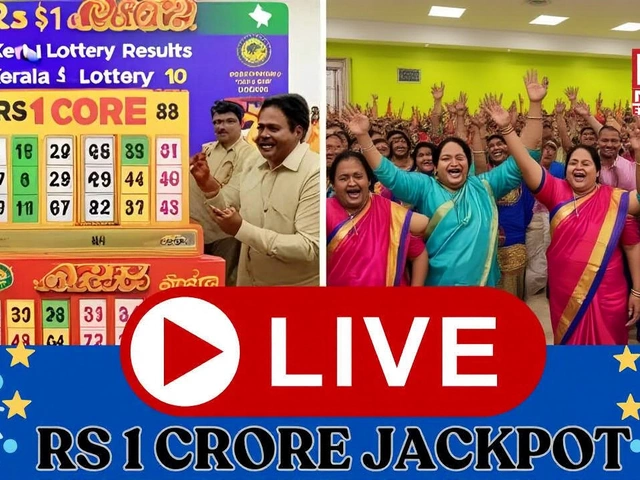

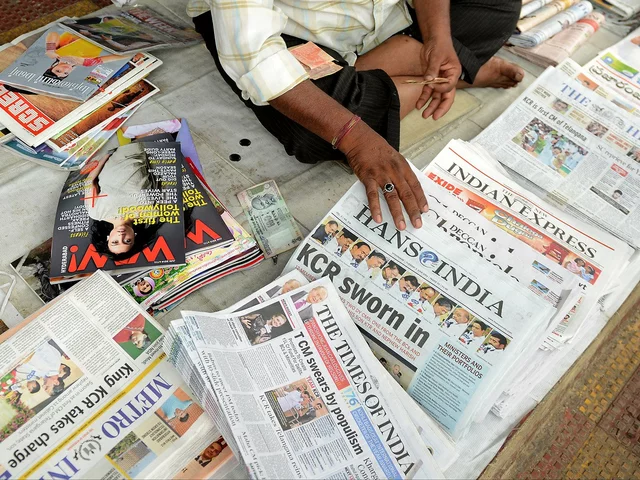

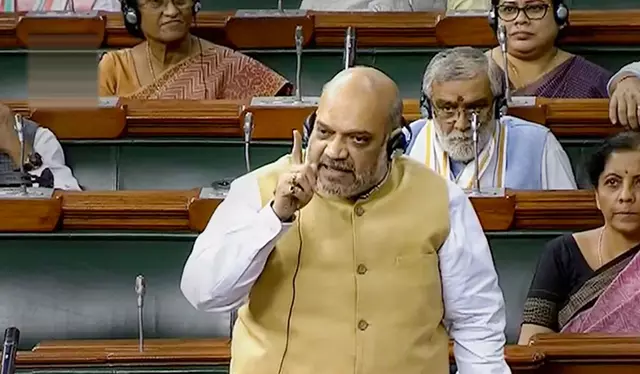

Write a comment